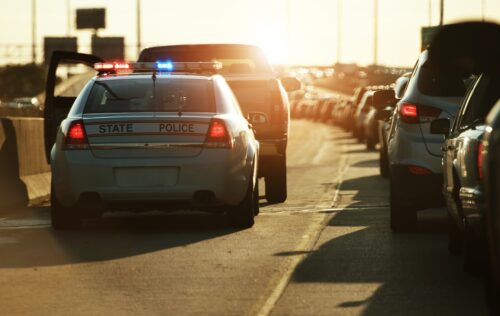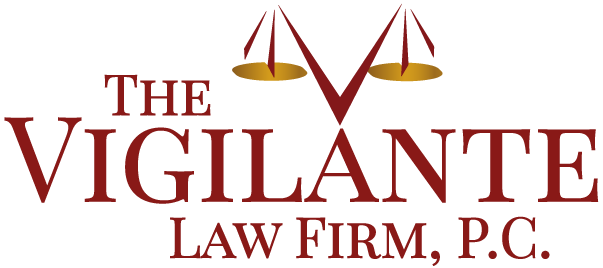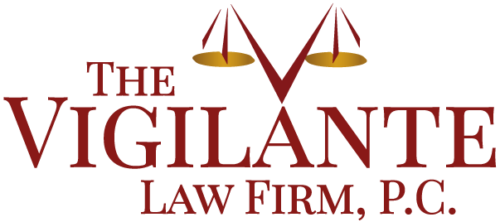
Perhaps the most dangerous thing for any motorist is being on the road with someone else driving under the influence (DUI). In an effort to catch more drunk drivers, law enforcement will occasionally set up sobriety checkpoints to ensure the roads are safe. Typically, drivers pull up to these checkpoints and are questioned by police officers to see if they are intoxicated. If they are not, they usually pass through without any issues, but if they are, they may be subject to field sobriety tests and likely arrested.
However, when it comes to your rights at a DUI checkpoint, the question of what you can and cannot do is somewhat unclear. Despite the fourth amendment of the United States Constitution protecting citizens from unreasonable searches and seizures, the U.S. Supreme Court has ruled in favor of their legality. Because of this, the ability to challenge any legal issue that may occur at a checkpoint is primarily circumstantial. If you have recently been charged at a sobriety checkpoint, please contact the experienced New Jersey criminal defense lawyers from The Vigilante Law Firm P.C. for a free consultation.
What should I know about my rights at a sobriety checkpoint?
One of the most important things to understand about sobriety checkpoints is that despite the fact that they are constitutional, that does not mean you are obligated to go through one. If you see a DUI checkpoint far enough in advance, there is nothing stopping you from avoiding it. However, if you try to turn away too suddenly, or violate any traffic laws in an attempt to circumvent it, that can make law enforcement suspicious and potentially give them probable cause to pull you over. The same issue would apply to rolling down your window and answering questions after you pull over at a checkpoint. While it technically is not illegal to do so, arousing suspicion of any kind from a police officer is generally not advised and may only escalate the situation into something far more serious.
If you pull over at a sobriety checkpoint and an officer believes that you are intoxicated, they will likely ask you to take a breathalyzer test or participate in a wide variety of field sobriety tests. It is very important to keep in mind that you are not legally required to voluntarily subject yourself to any of these tests. Although, if you are charged with a DUI, you will be required by law to take a chemical test if the officer requests you to do so. Because the legality of arrests made at sobriety checkpoints can be open to interpretation, it is paramount that you hire a skilled criminal defense lawyer to help you navigate the complexities of these cases.


